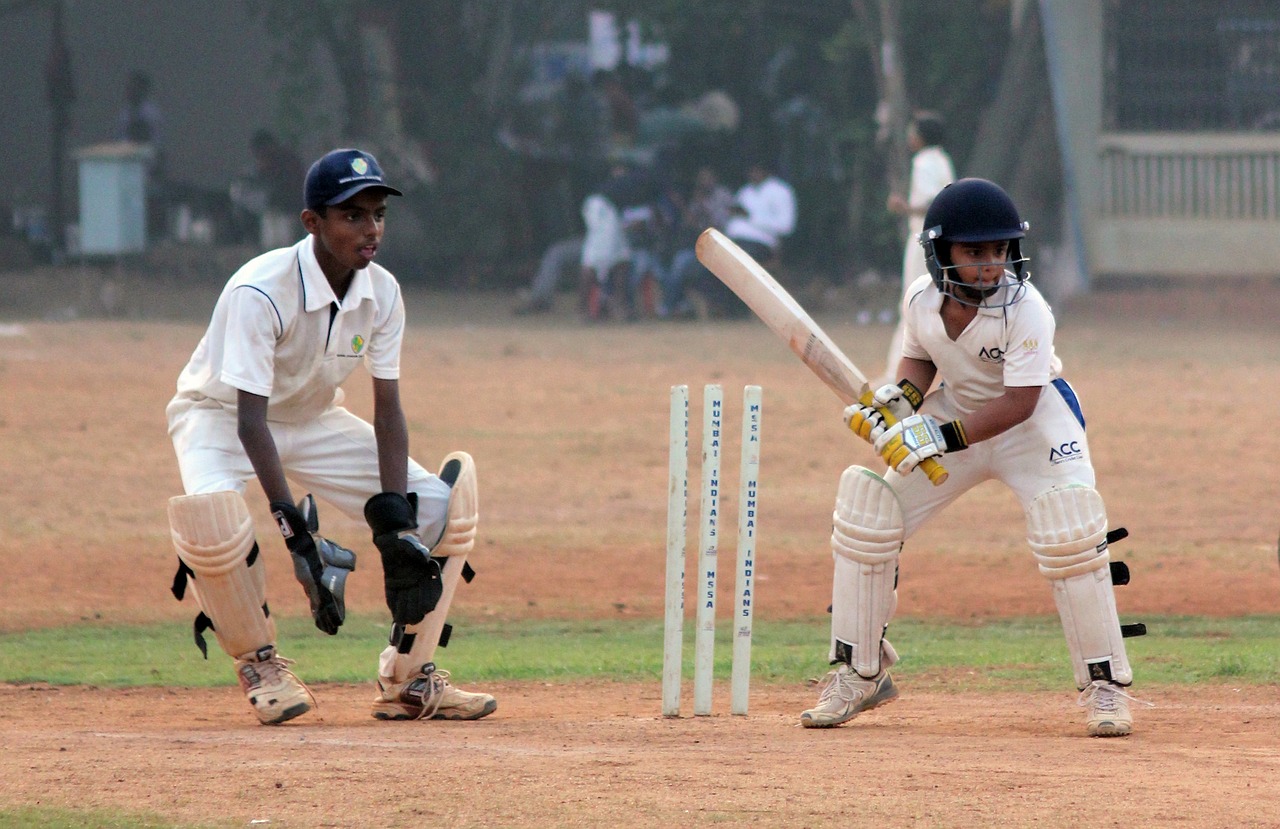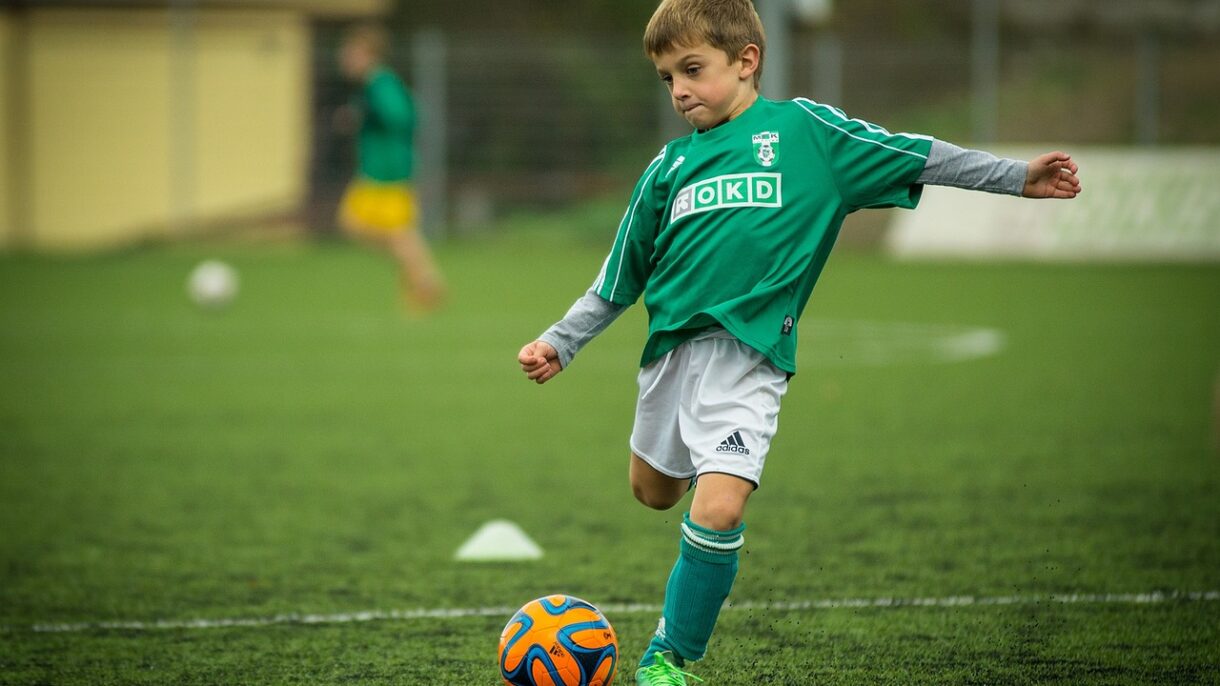
Engaging in sports can have numerous benefits for students, both physically and mentally. Here are some ways sports can help students:
Physical health: Participating in sports promotes physical fitness and overall health. It helps students develop strength, endurance, coordination, and agility. Regular physical activity through sports can contribute to better cardiovascular health, stronger bones and muscles, and improved motor skills.
Mental well-being: Sports can have a positive impact on mental health. Physical activity stimulates the release of endorphins, which are natural mood boosters. Regular exercise through sports can reduce stress, anxiety, and symptoms of depression. It also improves sleep quality, increases energy levels, and enhances overall mental well-being.
Discipline and time management: Sports require commitment and discipline. Being part of a team or engaging in individual sports teaches students the importance of setting goals, managing their time effectively, and balancing their academic and extracurricular activities. These skills are transferable and can benefit students in their studies as well as other aspects of life.
Teamwork and social skills: Participating in team sports fosters teamwork and collaboration. Students learn how to work together towards a common goal, communicate effectively, and rely on one another. This enhances their interpersonal skills, including leadership, cooperation, conflict resolution, and empathy. These skills are valuable in academic settings, group projects, and future professional endeavors.
Self-confidence and self-esteem: Sports provide opportunities for students to challenge themselves, set goals, and experience success. As they improve their skills and witness their progress, it boosts their self-confidence and self-esteem. Overcoming obstacles, learning from failures, and celebrating achievements in sports can positively impact students’ self-perception, leading to greater self-belief in academic pursuits as well.
Focus and concentration: Sports require mental focus and concentration, which can transfer to other areas of life, including academics. Through sports, students develop the ability to concentrate on the task at hand, follow instructions, and make quick decisions. These skills can translate to improved concentration during studying and better academic performance.
Goal setting and resilience: Sports offer opportunities for students to set goals, work towards them, and face challenges along the way. They learn the importance of perseverance, determination, and resilience in the face of setbacks or failures. These qualities are valuable for students in their academic pursuits, helping them overcome obstacles and stay motivated to achieve their goals.
Healthy competition and sportsmanship: Engaging in sports introduces students to healthy competition, where they learn to respect opponents, follow rules, and display good sportsmanship. They develop a sense of fair play, integrity, and respect for others. These values carry over into academic settings, fostering a positive learning environment and encouraging students to strive for success while respecting their peers.
It’s important to note that sports should be balanced with academics, and students should have the opportunity to choose sports activities that align with their interests and abilities. Encouraging students to participate in sports and supporting their involvement can have lasting benefits for their overall development.



